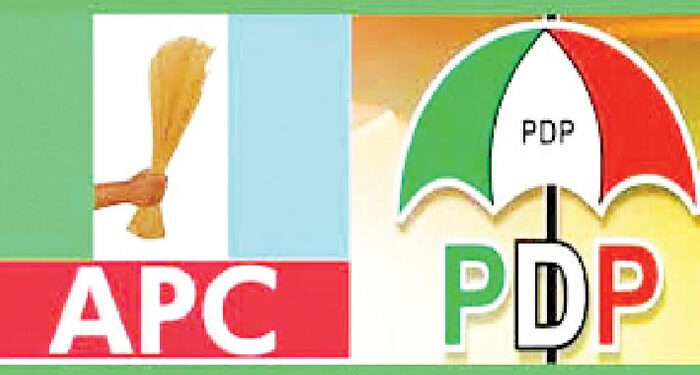The ruling All Progressives Congress (APC) and the opposition Peoples Democratic Party (PDP) have engaged in a heated exchange following a Supreme Court ruling that grants autonomy to local governments in Nigeria.
On July 11, the Supreme Court ruled that state governors no longer have control over funds meant for the 774 Local Government Areas (LGAs) in Nigeria. The ruling affirms that LGAs must manage their own finances and prohibits state governments from appointing caretaker committees for local councils, mandating only democratically elected local governments.
PDP’s Concerns
PDP National Publicity Secretary, Debo Ologunagba, expressed concerns over the judgment, suggesting it could lead to further complications. He argued that the Federal Government’s intervention might create additional bureaucracy and potential corruption at the local level. Ologunagba emphasized the need for reforms in conjunction with state governments rather than through a federal mandate.
Ologunagba highlighted that local governments typically address issues with state governments, not the Federal Government. He expressed doubts about the judgment’s effectiveness and suggested that ongoing discussions would be necessary to address potential issues arising from the decision.
APC’s Defense
In response, APC National Director of Publicity, Bala Ibrahim, criticized the PDP’s stance as an attempt to undermine the Supreme Court’s authority. Ibrahim condemned the PDP for allegedly seeking to perpetuate corruption and denying the benefits of democracy to the grassroots. He argued that once the Supreme Court has made a decision, it is final and cannot be challenged. Ibrahim accused the PDP of being opposed to any measures that would empower the people and provide them with democratic dividends.
Ibrahim asserted that the judgment aligns with the Constitution’s intent to give local governments direct control and responsibility, challenging the PDP’s motives and timing for its criticisms.
The clash between the two parties underscores the broader debate on local governance and autonomy in Nigeria, with implications for the administration of local councils and their financial independence.
























